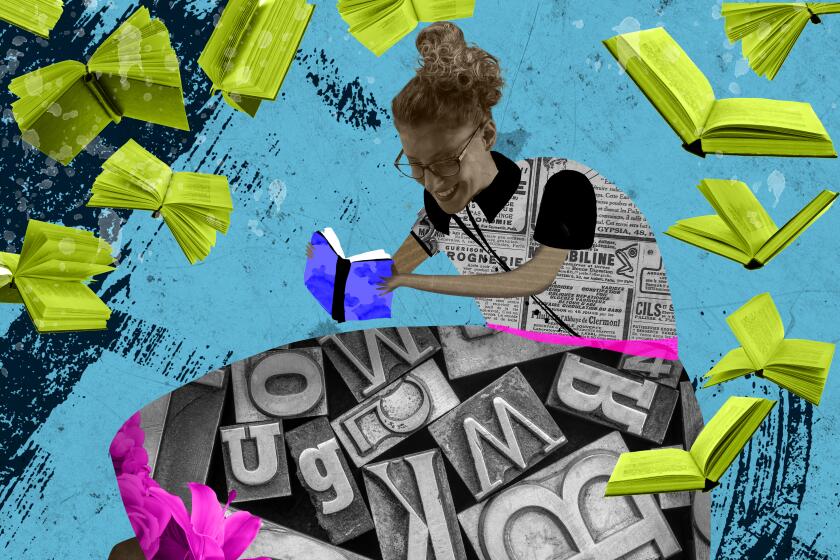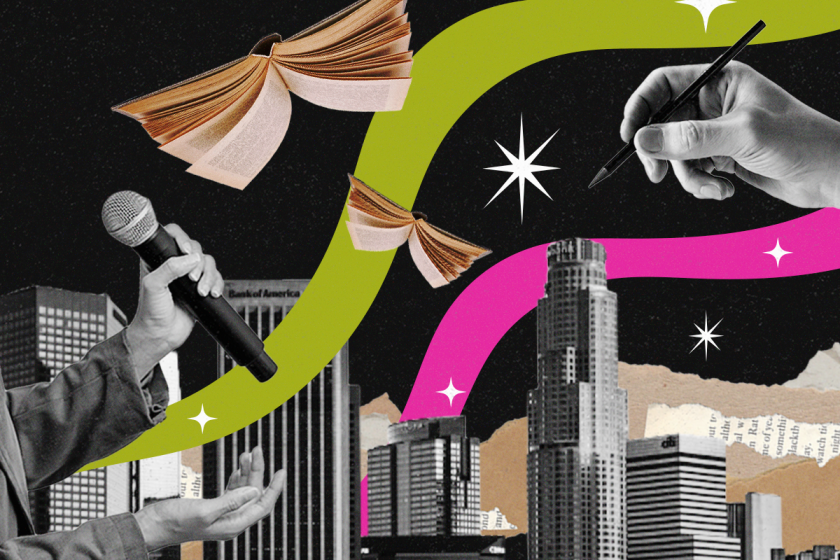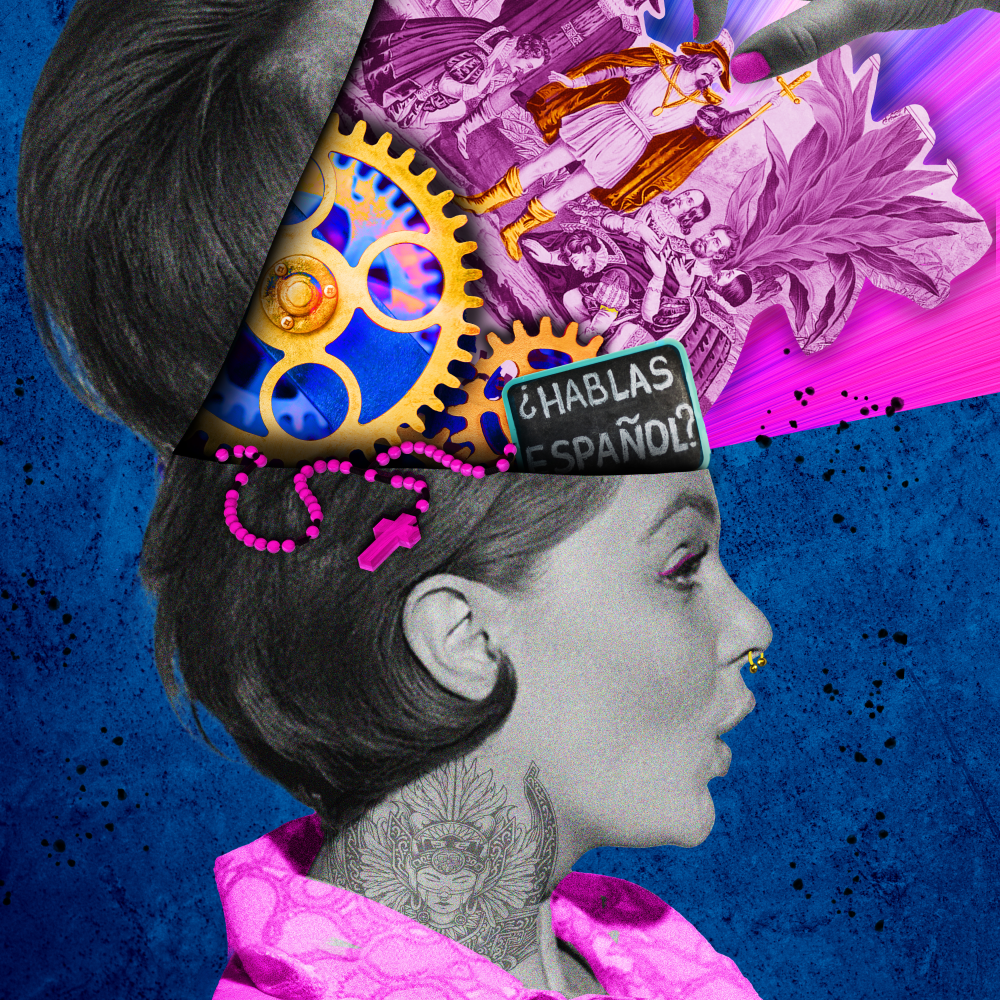
- Share via
What happens when we peel back the layers of colonialism that have shaped our lives? As Latinos, we carry a history that erases our traditions, dictates our language and imposes religious beliefs that disprove our identities. But amidst these challenges, there is resilience, strength and a growing movement to reclaim our stories and redefine what it means to be Latino. In this issue of De Los Reads, we explore six books that exorcise colonialism and pave the way for a more inclusive and authentic expression of our identities.
The first edition of De Los|Reads features a new fiction book from Mario Vargas Llosa, a cookbook from Sandra A. Gutierrez, several memoirs and a book for children who aren’t ready for bed.
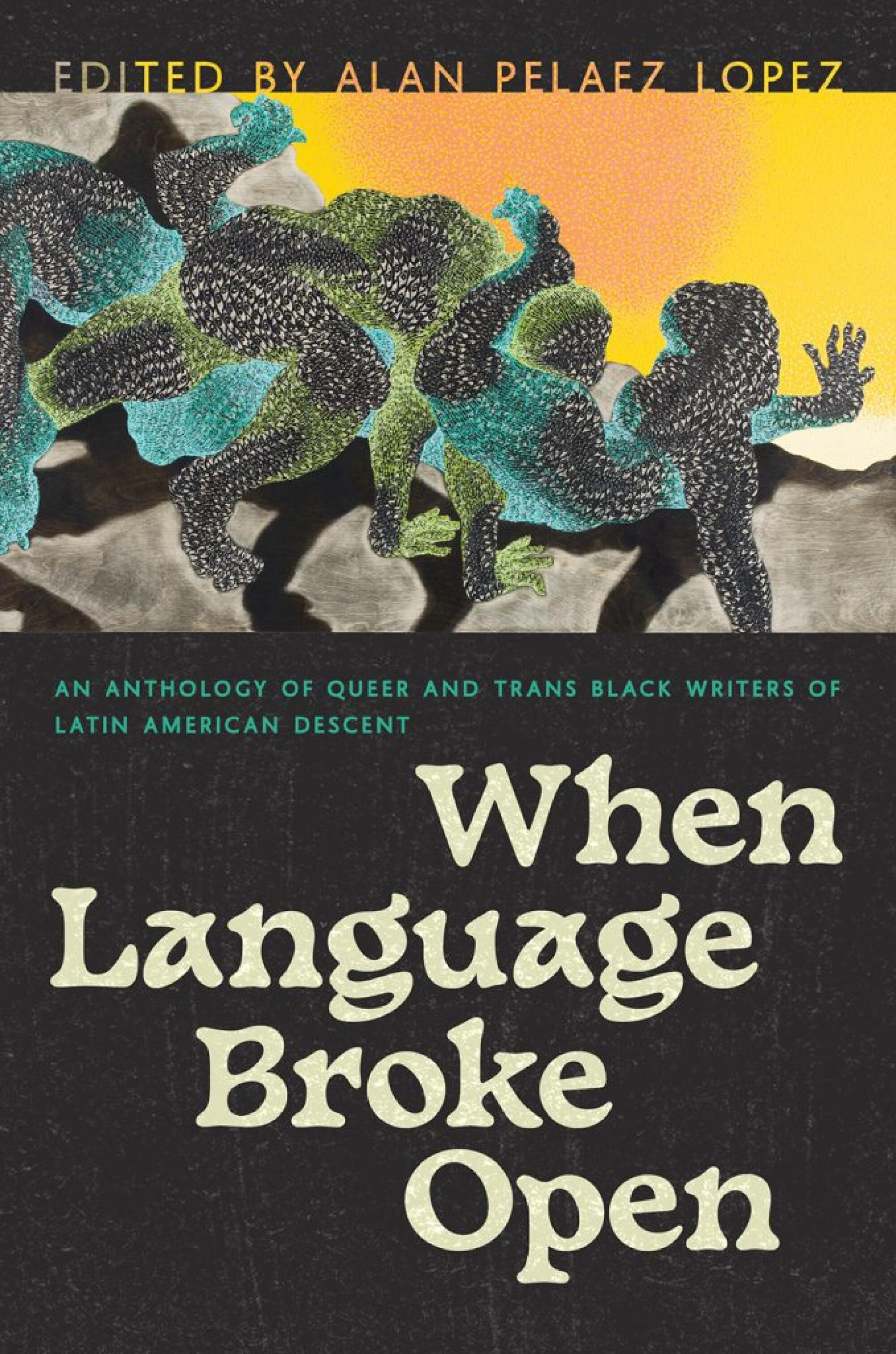
Let’s kick off with “When Language Broke Open: An Anthology of Queer and Trans Black Writers of Latin American Descent” (Published by the University of Arizona Press. December 2023), edited by Alan Pelaez Lopez, a Mexican writer and visual artist. This anthology reflects on the lives of 45 contributors who generously share their experiences of pain, rejection and humiliation while highlighting their strength, pride and beauty.
In the book, Álida, a Dominican queer writer and educator, ponders on her first experience kissing a girl at the age of 11 in her piece “Love Thy Neighbor.” She writes:
“In Mami’s house, gayness always followed an explanation: ‘Your tío Julio was like that, good peoples, but he died of AIDS … ¡Que Dios lo tenga en su gloria!’ I had no explanation. Nothing yet to shape these feelings .… I sought mirrors outside myself and bumped into a collective erasure, doubtful I even existed. Loneliness is a strong bitterness when you can’t find yourself outside yourself.”
The book also highlights the challenges that Louie Ortiz-Fonseca, an Afro-Puerto Rican queer storyteller, faced with their mother, who suffered from a crack addiction during the Reagan administration, whose “war on drugs” prioritized criminal punishment over treatment:
“The same government that demonized, dehumanized, and then criminalized people like my mother now urges us all to remember that people struggling with addiction have a disease and require love, patience, and treatment,” writes Ortiz-Fonseca. ”This reminder comes just as the face of addiction is now that of white affluent youth struggling with heroin addiction. This compassion, while critical and necessary, was not made available to Black and brown communities that struggled with the presence of crack.”
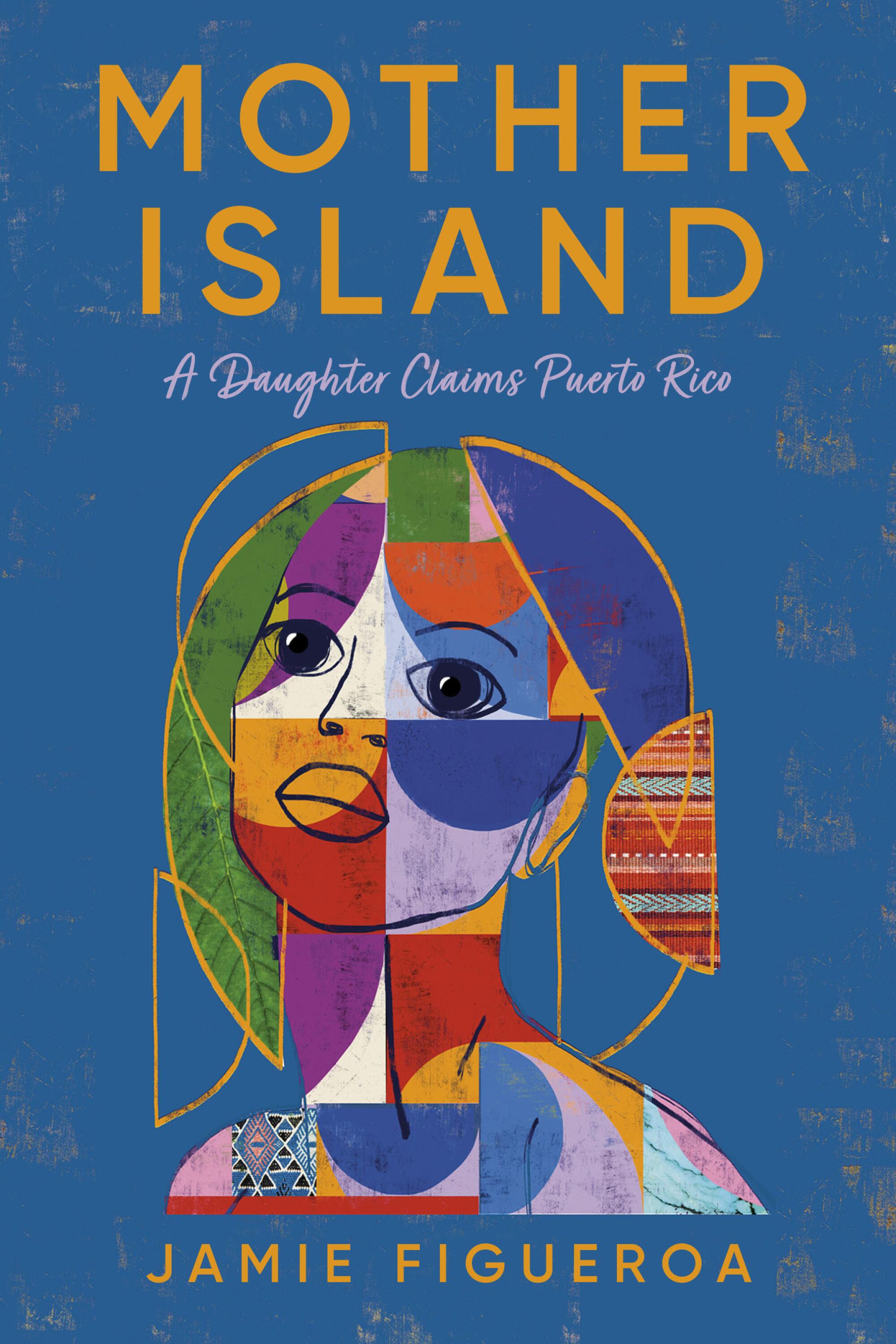
Similarly, the memoir “Mother Island: A Daughter Claims Puerto Rico” (Published by Pantheon. March 2024) by Jamie Figueroa takes readers on a personal journey exploring the impact of colonialism on belief systems and the quest to reclaim our ancestor’s heritage. Through poignant reflections, Figueroa delves into the complexities of assimilation, religion and the path toward rediscovering one’s true identity.
“The message was not always overt, but it was still clear,” Figueroa writes. “God was love, but God did not love everyone the same. He loved white people more, and that’s why they suffered less. That’s why they had more, earned more, received inheritances, were treated better, were the authority on all matters. But he did love Black people and brown people. All colors of people. He pitied them.”
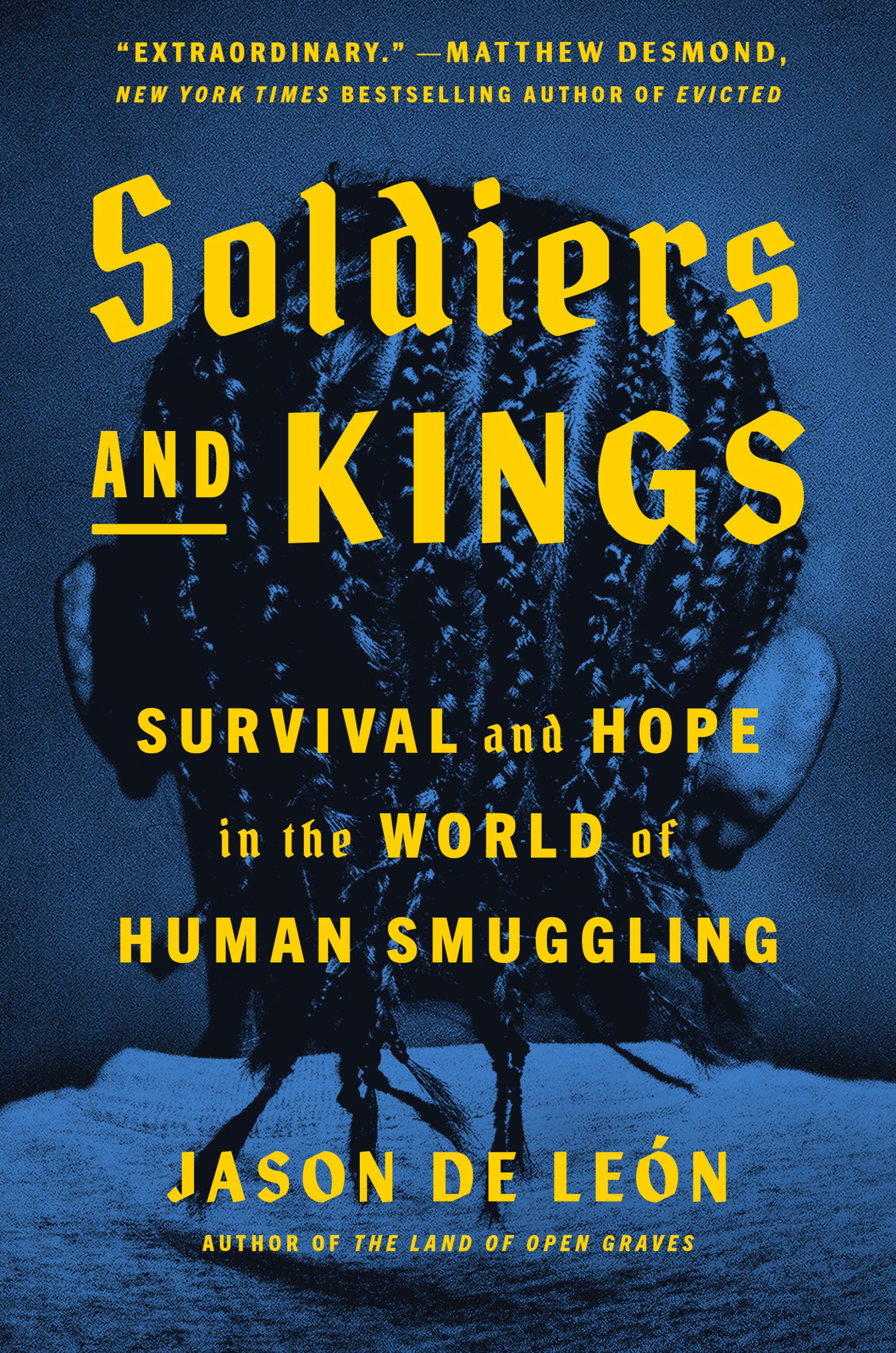
“Soldiers and Kings: Survival and Hope in the World of Human Smuggling” (Published by Viking. March 2024) by anthropologist Jason de León is a unique read that emerges from seven years of research and firsthand experiences lived by the author amidst smugglers, or “guías,” on the U.S.-Mexico border.
Breaking free from stereotypes, De León wonders, “Who are smugglers? ... What does their daily life look like? How does it feel to be responsible for providing lifesaving passage while also being implicated in (or directly responsible for) the many forms of violence that migrants experience?”
De León offers a glimpse into a world rarely seen or understood. “Border Patrol blamed [the smugglers] for the thousands of deaths that happened in the Sonoran Desert, which were actually the direct result of immigration policies .… Smugglers weren’t walking the people through the desert because they liked hiking. They were in the desert because border policies had forced people there, and migrants needed guides to get across that ‘hostile terrain.’”
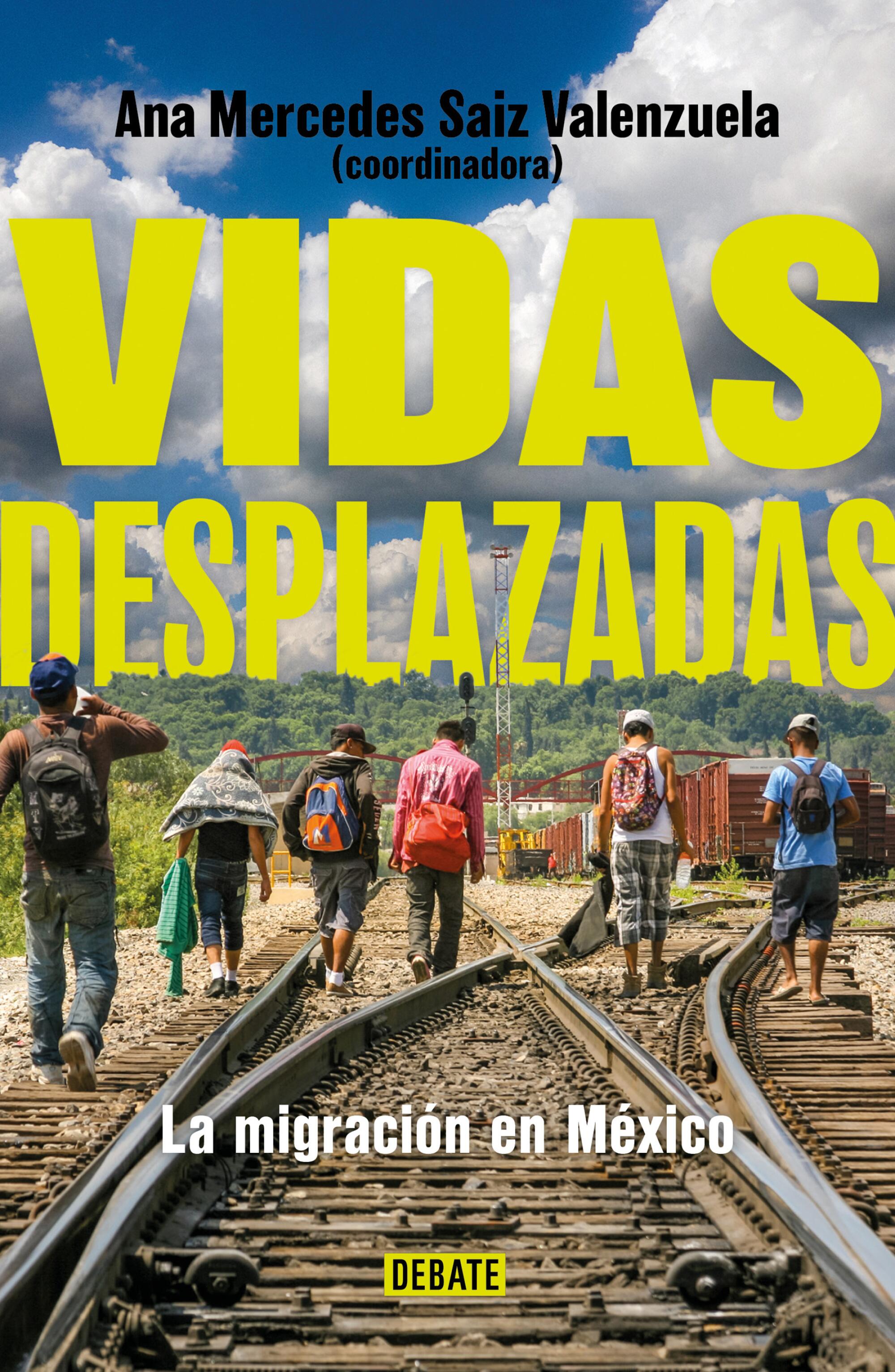
Migration is now more than ever a global conflict. In the book “Vidas desplazadas: La migración en México” (Published by Debate. February 2024) compiled by Ana Mercedes Saiz Valenzuela, we find a collection of essays by 20 experts in the field. It is a call to rethink everything we know about migration. This meticulously researched compilation offers a fresh perspective on the human stories behind the statistics.
We can’t name them all, but here’s a mix of spots across L.A. County where you can listen to a poet pour their heart out in person.
In one essay, “Hospitalidad selectiva: una tradición Mexicana” by María Fernanda Rivero Benfiel, she writes, in Spanish, “There is institutionalized and unquestioned discrimination, where it is normalized to see people detained in the south of the [United States], and at the same time, aid to refugees of Afghan or Ukrainian nationality is celebrated. It’s a selective empathy.”
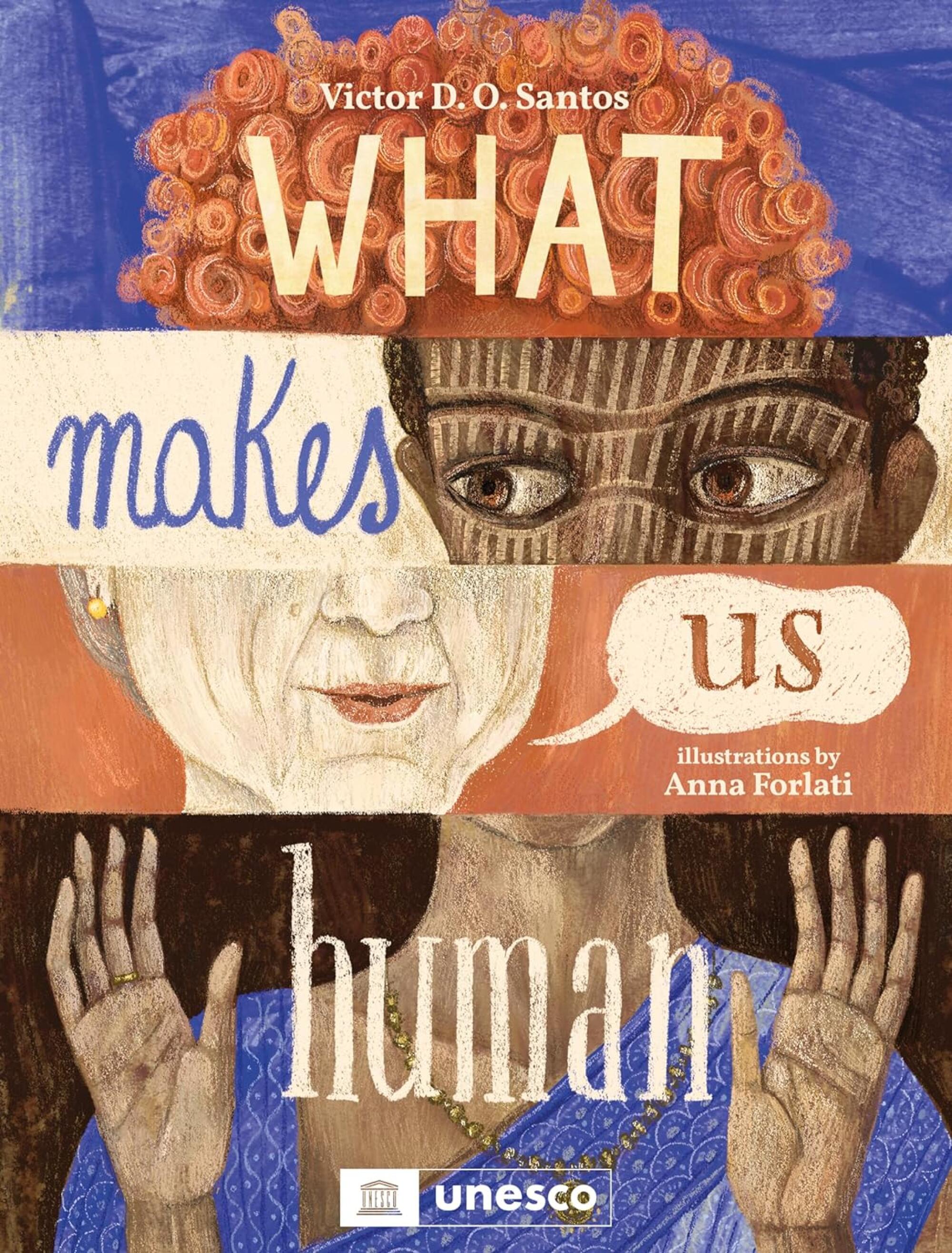
In the middle of it all, there is hope, a lot of it. Get together with the little ones in your life to celebrate our unique cultural heritage. One great option is the picture book “What Makes Us Human” (Published by Eerdmans Books for Young Readers. March 2024) by Brazilian author Victor D.O. Santos, published in collaboration with UNESCO to honor the International Decade of Indigenous Languages. The book delves into language as a medium that holds the traditions and knowledge of different cultures worldwide. It features illustrations by Anna Forlati and is a must-read to ignite conversations about the power of language in connecting us and preserving our culture.
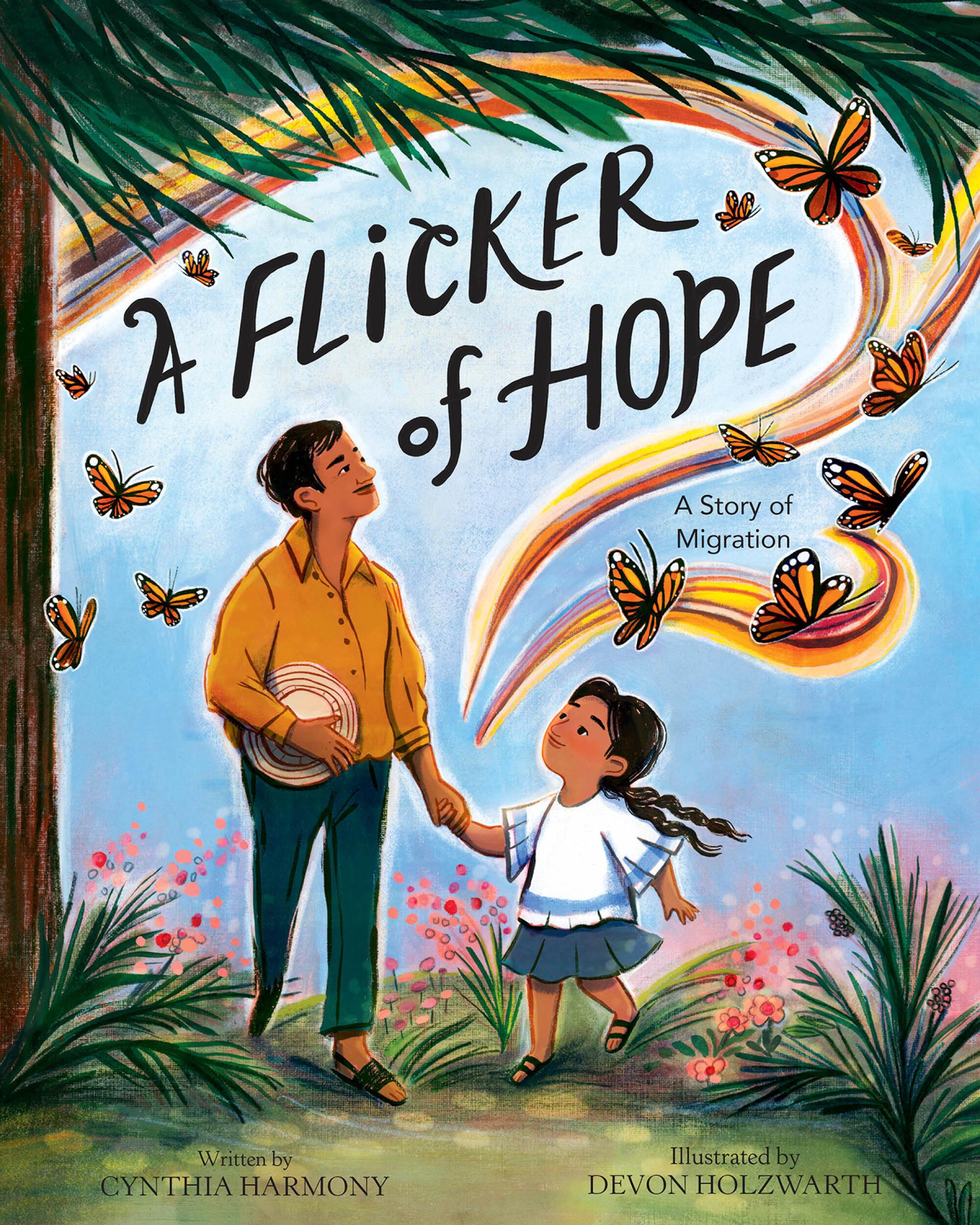
Another great option is the boo: “A Flicker Of Hope” (Published by Viking Books for Young Readers. February 2024) by Mexican author Cynthia Harmony, with gorgeous illustrations by award winner Devon Holzwarth. The book takes us on a magical journey through the migration of monarch butterflies from Mexico to up north and how many of our parents embark on similar journeys in search of better opportunities. It’s a heartwarming story about resilience and the unbreakable bond of familial love.
Happy reading!
Roxsy Lin is a bilingual journalist and illustrator originally from Venezuela. Her work focuses on the pulse of the modern rhythms of Latinidad, arts and culture. @roxsy_lin
More to Read
The Latinx experience chronicled
Get the Latinx Files newsletter for stories that capture the multitudes within our communities.
You may occasionally receive promotional content from the Los Angeles Times.
